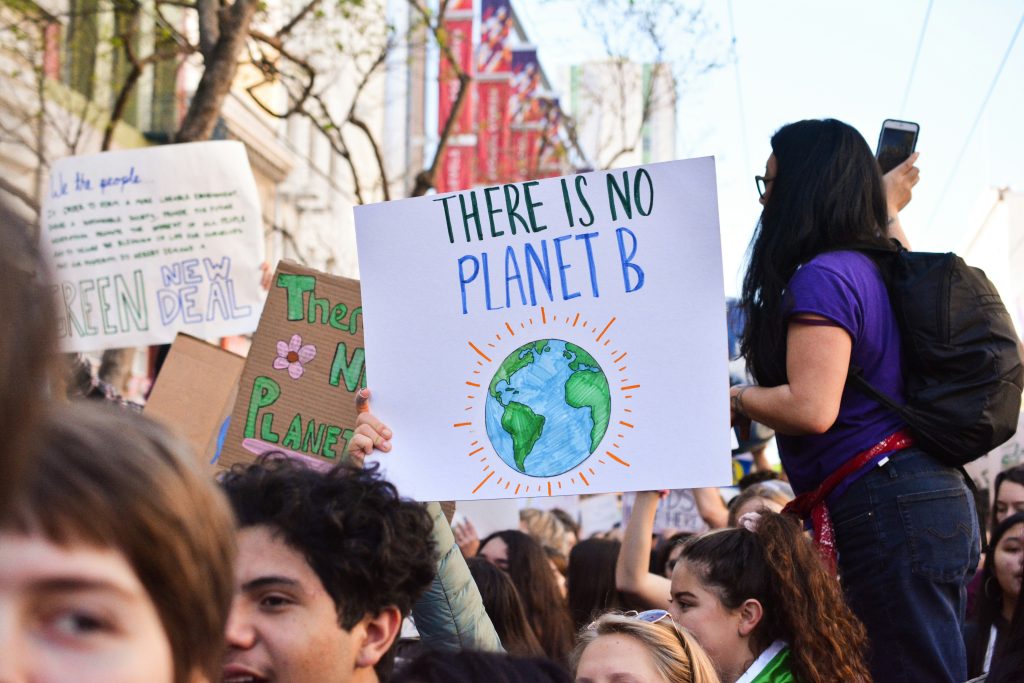[EN] Whither COP? COP30 and the future of multilateralism

The 30th Conference of the Parties (COP30), hosted in Belém, Brazil, in 2025, was expected to mark a milestone — the 10th anniversary of both the Paris Agreement and the Sustainable Development Goals. Instead, it unfolds amid a global climate crisis and declining multilateral momentum. The international community faces deep fractures: the United States is about to withdraw from the Paris Agreement under a new administration; the European Union is divided and stalling on its own commitments; and the 1.5°C target is now deemed unachievable by scientists.
Brazil’s role as host was initially seen as a chance to restore its environmental credibility under President Lula da Silva, following the deforestation surge during Jair Bolsonaro’s tenure. While Lula has made progress in reducing deforestation and promoting renewable energy, Brazil’s growing oil production has drawn scepticism. Compounding this are logistical crises in Belém — inflated accommodation costs and poor infrastructure — that threaten to limit participation from developing countries and civil society, undermining inclusivity.
Substantively, COP30 must grapple with many defining challenges, including these:
1. The Just Energy Transition — advancing commitments to phase out fossil fuels while addressing the social and environmental impacts of transition minerals.
2. Adaptation and Finance for the poorest populations — operationalising the Global Goal on Adaptation, capitalising the loss and damage fund, and bridging the USD 360 billion adaptation finance gap.
3. Restoring Credibility — ensuring that Nationally Determined Contributions (NDCs) are both ambitious and implemented, amid widespread delays and waning trust in
multilateral climate mechanisms.
Leadership voids further complicate prospects. The U.S. retreat has left a vacuum; Europe is divided; and China’s cautious commitments leave ambiguity about its role as a global leader. Meanwhile, developing regions such as Africa are pushing for greater recognition of their role
in resource provision and climate diplomacy.
This article was published fort Sciences Po Paris




